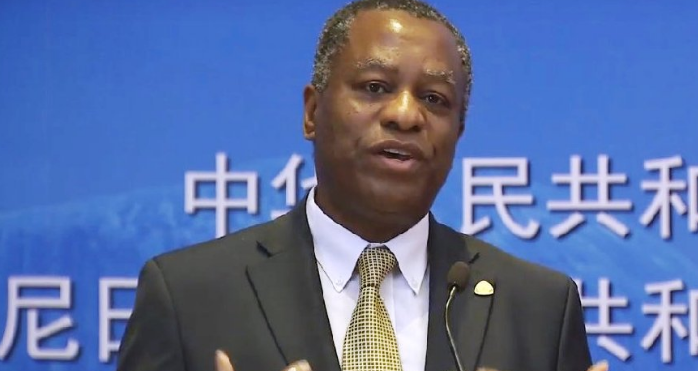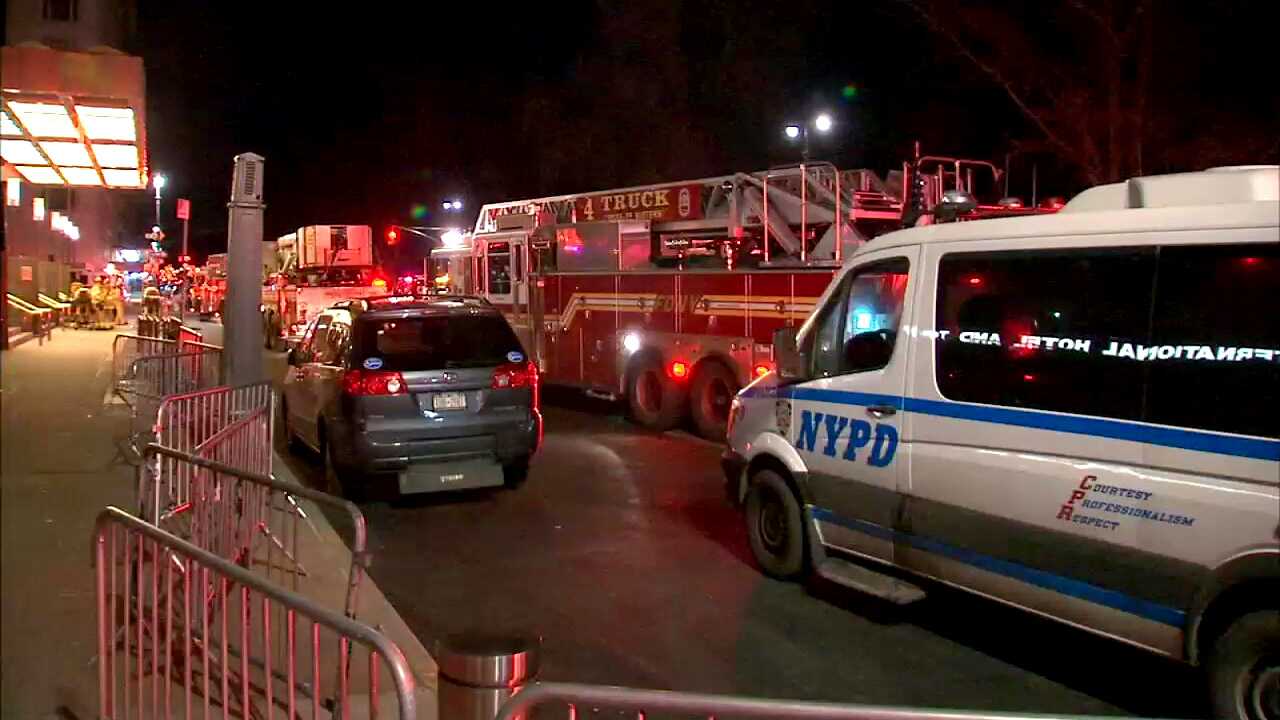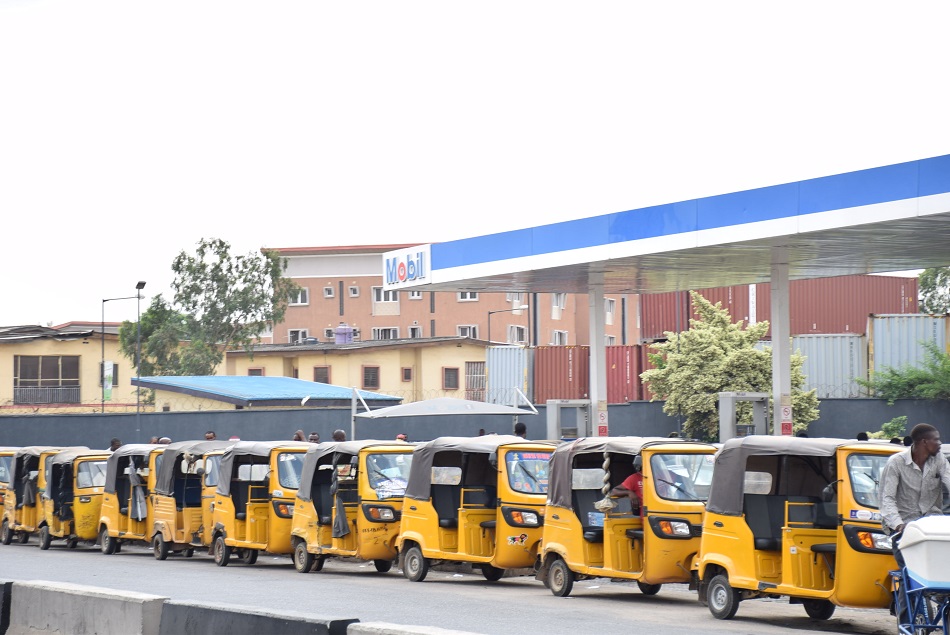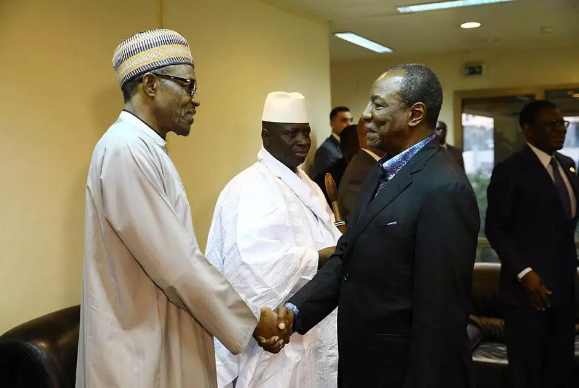Geoffrey Onyeama, minister of foreign affairs, has reiterated Nigeria’s concern over the non-repatriation of its stolen funds stashed in foreign banks.
In a statement issued by Sarah Sanda, media aide of the minister, on Friday, Onyeama raised concern at the high level segment of the 34th Human Rights Council held in Geneva, Switzerland.
“The non-restitution of the funds back to Nigeria is affecting the socio-economic rights of the people to funds which should be used for development,” he said.
“The non-release of the funds is also affecting the anti-corruption drive of the government which has placed the fight against corruption as one of its priorities.”
Advertisement
The minister also spoke about Nigeria’s active role in the de-colonisation of the African continent and the enthronement of basic rights and fundamental freedoms.
He said this role led to the recent enthronement of democracy in the Gambia as was earlier the case in Liberia, Sierra Leone and Guinea Bissau in addition to championing the fight against apartheid in South Africa.
He thanked donor agencies and humanitarian organisations for their assistance to internally displaced persons and refugees fleeing the Boko Haram insurgency in Nigeria and countries in the Lake Chad region.
Advertisement
The minister said the fighting capacity of Boko Haram had been degraded with the take-over of Sambisa forest, the stronghold of the insurgents.
He said the only seemingly challenge was some sporadic isolated acts of terror often using young girls as human bombs.
Onyeama also briefed the council on Nigeria’s prison reform programme and the clean-up of Ogoniland.
Nigeria is currently a member of the council (2015-2017) having served two times previously (2006-2009 and 2009-2012).
Advertisement
A Nigerian was elected the third president of the Human Rights Council from June 2008-June 2009.
Nigeria is also seeking re-election into the 47 member council for the 2018 to 2020 term.
The re-election bid is important as it will give the country the opportunity to continue to defend its interest whenever there is negative interference to contemporary human rights developments in the country.
Advertisement
Add a comment






